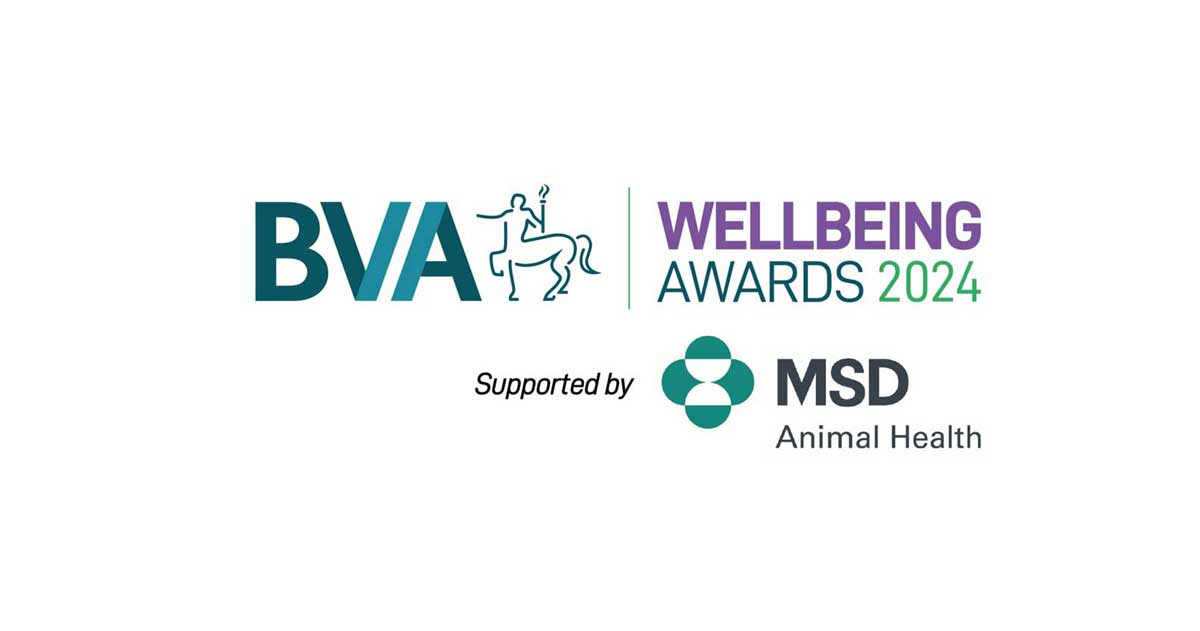
A new report has warned more than four million UK cats are not getting the veterinary care they need, despite an apparent easing in service access pressures.
The fourth annual Cats and Their Stats report from Cats Protection found cost now represents the biggest care access barrier, although the proportion of owners reporting difficulties in obtaining services has fallen.
Solutions sought
However, the charity said it was seeking solutions after a separate survey of veterinary professionals revealed more than half were worried about limits in either current or future service capacity.
Two in five respondents (40%) also reported their practices either have, or have had, unfilled posts for more than six months.
Head of clinical services Alison Richards said: “Access to veterinary care is fundamental to the work of charities like Cats Protection, and the veterinary workforce is instrumental in ensuring cat welfare.
“Cats Protection is currently looking at ways to support the veterinary profession during this challenging time.”
Cat population
The latest report estimates that the UK’s overall cat population has remained steady, at around 11 million in 2023.
But surveys carried out on the charity’s behalf by Basis Research found 10% of owners had not registered their cats with a veterinary practice – the equivalent of more than one million individual animals.
Only 61% of respondents said they routinely took their cat to the vet on an annual basis, a proportion that suggests around 4.3 million animals do not have access to routine health care and checks.
Meanwhile, the 28% of owners who admitted their cats’ vaccinations were not up to date could equate to as many as 3.1 million cats in total.
Difficulties
The proportion of owners that said they had experienced difficulties in accessing veterinary services has dropped from 37% last year to 30% this year, although greater challenges appear to remain in urban areas, where 44% reported problems.
But while the proportion of owners who said they did not visit the vet as much as they would like to (57%) remains unchanged, the balance of reasons for that has shifted, with cost (28%) now exceeding cat and owner stress (25%) for the first time.
The pricing issue also reflects broader concerns about the wider and increasing costs of pet ownership, with the charity reporting that cases of owners giving up their cats for financial reasons jumped by 48% during the first five months of this year, compared to the same period in 2022.
More than one-third of respondents (34%) said they had been significantly and negatively impacted by the cost of living crisis, with a quarter (25%) worrying about how they would pay an unexpected vet bill and 14% expressing serious concerns about how they would meet their cat’s future needs.
At risk
The report also fears that, with 3% of owners admitting they have considered giving up their pet in the past year, as many as 330,000 cats may be at risk of needing new homes.
It said: “This year’s report data suggests that these concerns about the cost of living are having the tangible effect of preventing cats from entering or remaining within loving homes.”
But, with the analysis further showing an increasing proportion of owners buying their cats instead of adopting them, the charity is worried that even broader welfare challenges than those they and other organisations already face may soon start to emerge.
Preference shift
Chairperson of trustees Kit Sturgess said: “The continued shift towards a preference to purchase cats presents challenges for animal welfare charities, as fewer cats are being adopted. It may also be fuelling issues such as kitten smuggling and poor breeding practices that have a detrimental impact on cat welfare.
“Cats Protection is calling for the Government to introduce greater protections in these areas.”
The report additionally highlighted the need for continuing work to raise awareness of the requirement for cats aged more than 20 weeks in England to be microchipped, which is due to come into force next summer.
Although the analysis found a small increase in the number of cats that are microchipped, from 71% in 2022 to 73%, it is estimated that around three million cats still do not have a chip, while the details stored on around 600,000 more are not up to date.
Madison Rogers, Cats Protection’s head of advocacy, campaigns and government relations, said: “There is still work to be done to raise awareness with cat owners to ensure compliance with the new regulations when they come into force.
“It is also crucial that Scotland, Wales and Northern Ireland also introduce the same protections for cats – we are working with politicians to ensure this happens as soon as possible.”
Credit to: Four million cats not getting regular vet care, study warns (Vet Times)
Vet Times. (2023). Four million cats not getting regular vet care, study warns [online]
Available at: https://www.vettimes.co.uk/news/four-million-cats-not-getting-regular-vet-care-study-warns/





